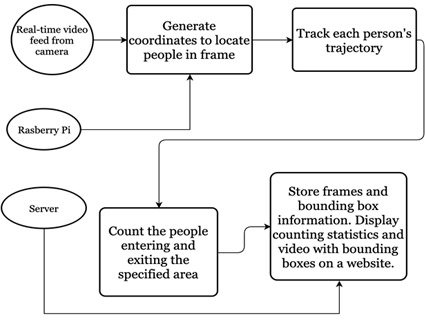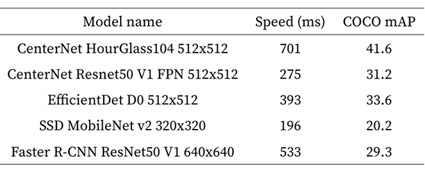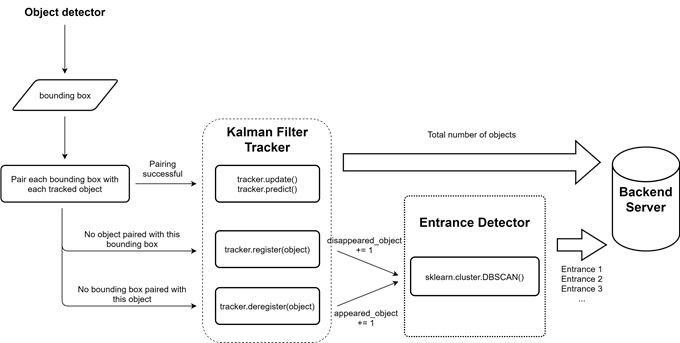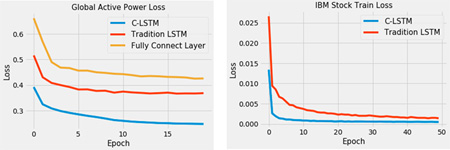Student Projects
VE/VM450

Real-Time On-Device Flow Statistics Detection and Prediction
Sponsor: Allan Zhu, Allen Zhu, UM-SJTU Joint Institute
Team Members: Zhihao Ruan, Zhikai Chen, Jiayu Yi, Zekun Li, Zihao Shen
Instructor: Prof. Chengbin Ma
Project Video
Team Members

Team Members:
Zhihao Ruan
Zhikai Chen
Jiayu Yi
Zekun Li
Zihao Shen
Instructor:
Prof. Chengbin Ma
UM-SJTU JOINT INSTITUTE
Project Description
Problem Statement
A real-time on-device flow statistics detection and prediction model is brought forward to support social distancing considering the recent COVID-19 outbreak. The project sets out to provide insight into the flow statistics of a certain venue and help people avoid going to overcrowded locations, by collecting flow prediction statistics as well as an automated prediction of exits and entrances of the area based on human flow.
![Fig. 1 Project demo [1]](https://www.ji.sjtu.edu.cn/wp-content/uploads/2020/08/450-23-pic01.jpg)
Fig. 1 Project demo [1]
Concept Generation
The project can be broken down to the following sub-functions:
• Identify people in each frame.
• Track each personʼs trajectory
• Count people entering and exiting
• Store frames and bounding boxes
• Display counting statistics and video
The sequence between the above functions is shown in Fig.2.

Fig. 2 Morphological analysis
Design Description
Our design consists of four parts:
1. Object Detection
Our project choose deep learning method for object detection. We did a benchmark among various object detection models. We finally choose MobileNet-SSD V2 320×320 as our object detector because of its detection speed.
2. Object Tracking
Our final object tracker design involves a tracker and an entrance detector. Kalman filter is used for tracker and DBSCAN (a density-based clustering algorithm) is used for entrance detector.
3. Backend Service
Our backend services include api configuration, image processing and data prediction. Python is used for most of the services and MongoDB is used for database.
4. Frontend Service
Our frontend service include data visualization, video demo display and development process display. We use React.js for web framework and ReCharts.js for interactive charts.

Fig.3 Benchmark of different models

Fig.4 Object tracking mechanism
Validation
Validation metrics:
Since our project can be divided into four different functional parts, we use different engineering metrics for each part:
• Object Detection: Detection accuracy and Detection speed
• Object Tracking: Tracking accuracy, Tracking speed and Entrance detection accuracy
• Backend Service: Server response latency
• Frontend Service: Web page loading time
Validation Results:
• Object detection accuracy: ≈ 100%
• Object detection speed: 5.2 FPS
• Object tracking accuracy: 88.9%
• Object tracking speed: 17.27 FPS
• Entrance detection accuracy: 80%
• Server response latency < 1000 ms
• Web page loading time < 1000ms
Compared with our customer requirements and engineering specifications, most requirements are met.[/et_pb_text][/et_pb_column][et_pb_column type="1_4" _builder_version="4.4.9"][et_pb_text _builder_version="4.4.9" text_line_height="1.4em" custom_margin="||-1px|||" custom_padding="60px||||false|false" custom_padding_tablet="" custom_padding_phone="20px|0px||0px|false|false" custom_padding_last_edited="on|phone" border_color_all="#5a7085"]

Fig.5 The MSE compared with the baseline
Conclusion
Our project starts from the background of COVID-19 pandemic. The basic task of our project is using object detection algorithm to get human traffic information, and then provide an elegant data visualization. We hope this project can contribute to fight against this pandemic.
Acknowledgement
Allan Zhu and Allen Zhu from UM-SJTU
Chengbin Ma, Mian Li, Chong Han, Jigang Wu, Shouhang Bo from UM-SJTU
Reference
[1] Original Video: https://www.pyimagesearch.com/2018/08/13/opencv-people-counter/
